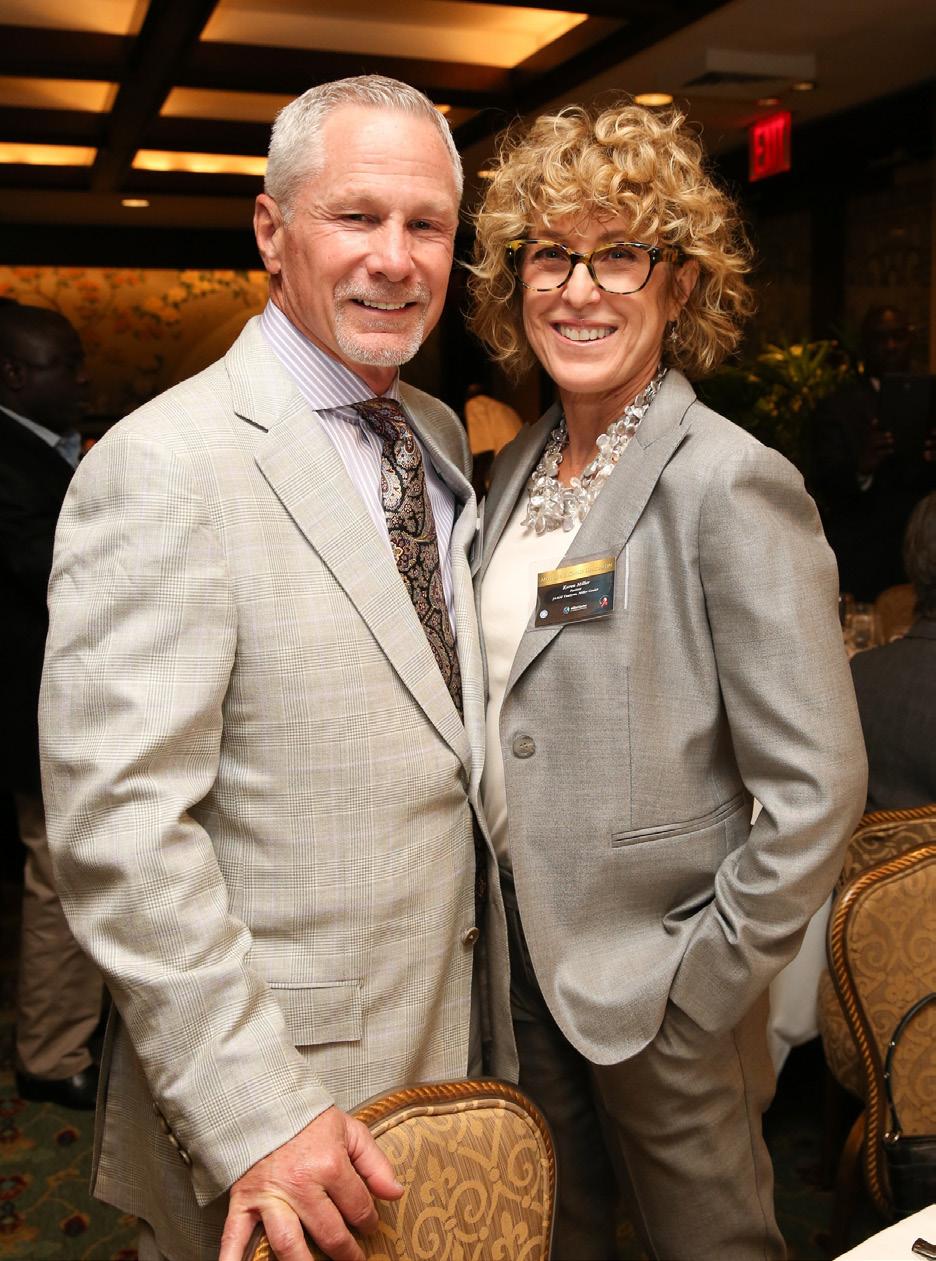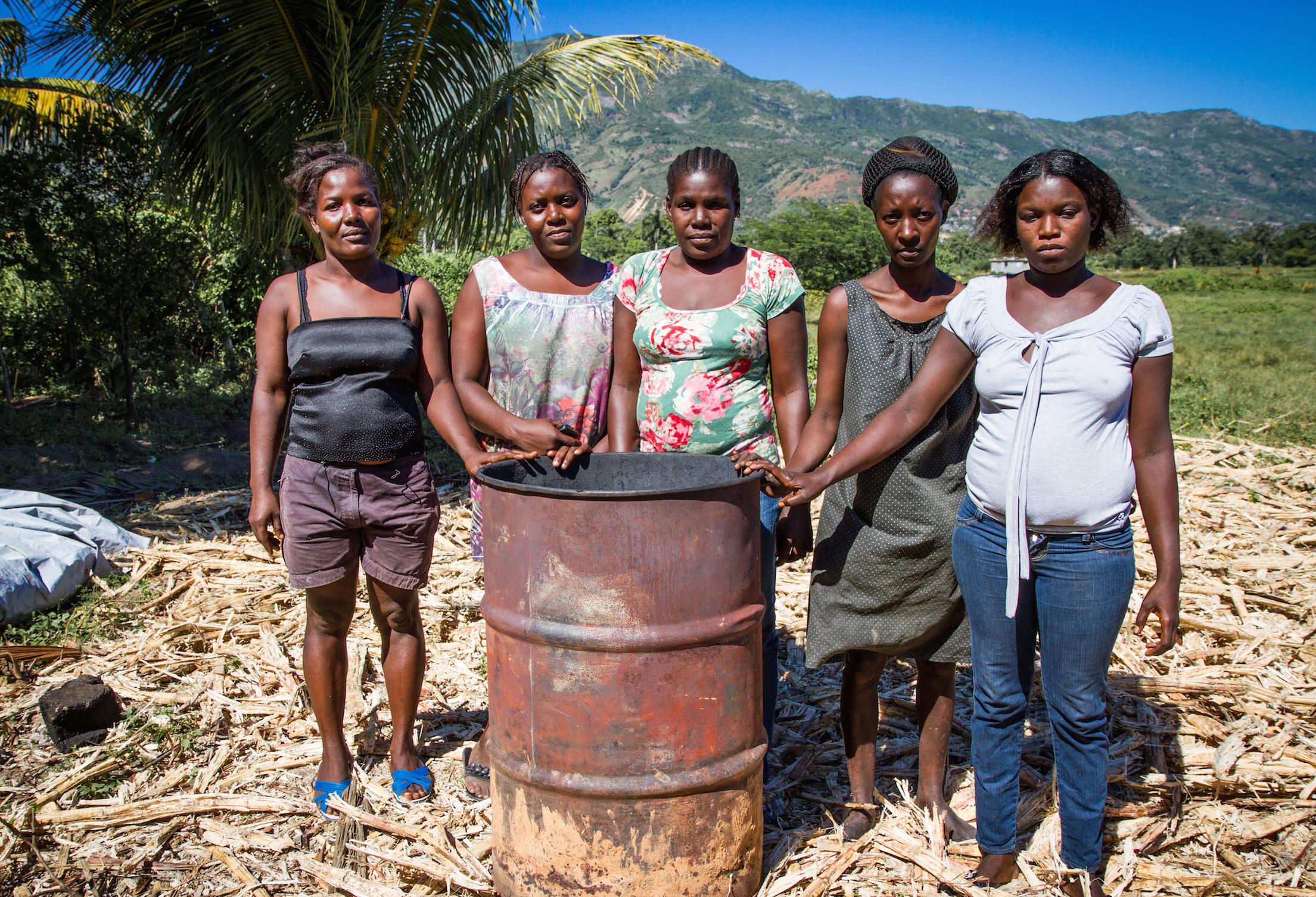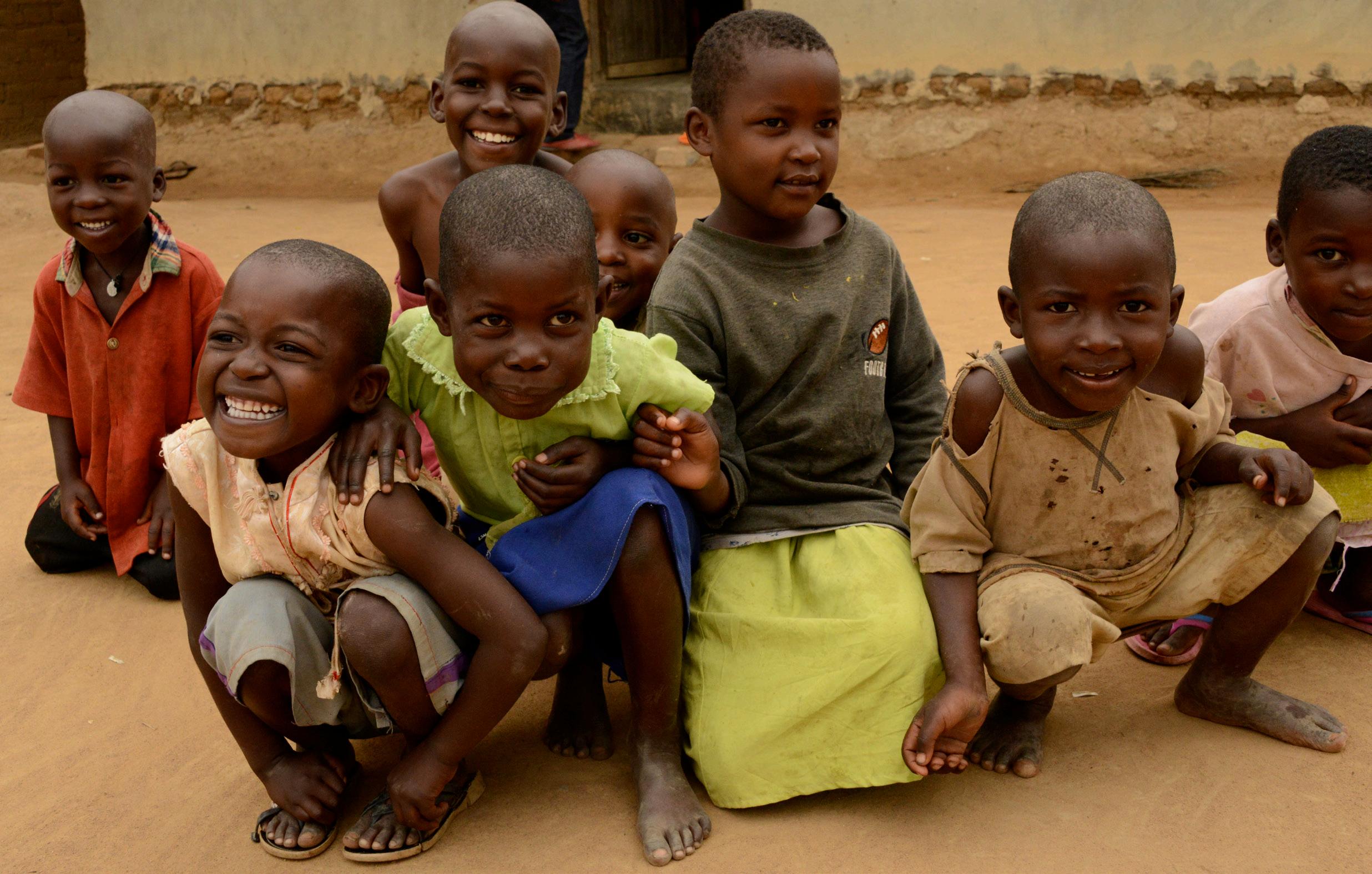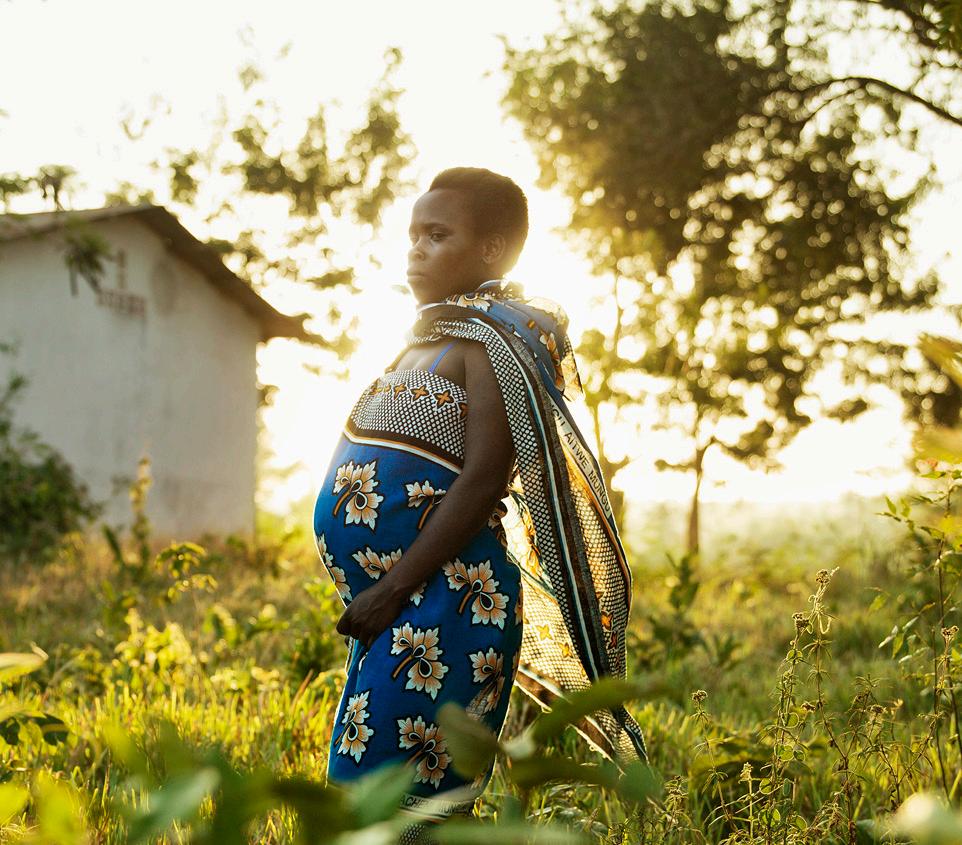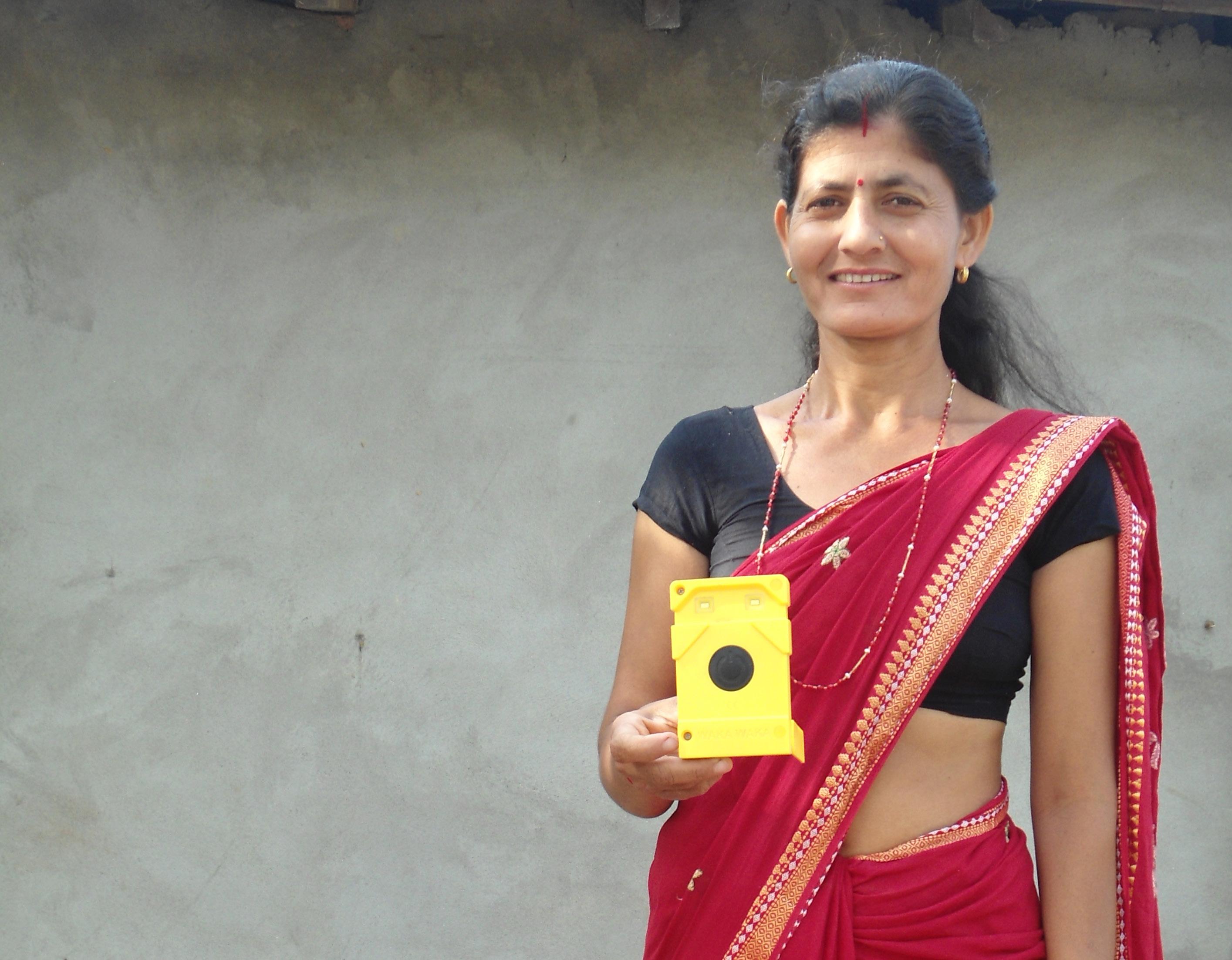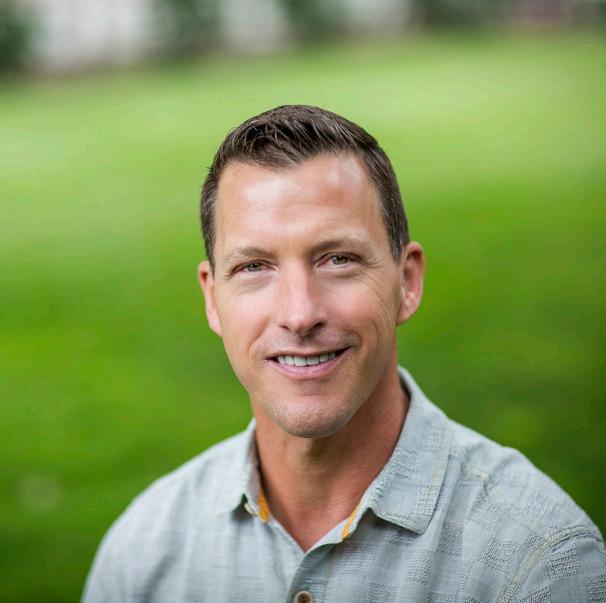
1 minute read
Accelerating Global Impact
Miller Center works at the convergence of Climate Resilience and Women Rising.
It is now likely that 2016 will be the hottest year ever registered based on data from the National Aeronautics and Space Administration. Every month in 2016 has had record heat, and the year is forecasted to best 2015 as the warmest year tracked.
Advertisement
Climate change is a global threat, and the world’s poor and most vulnerable are bearing the brunt of these changes. Miller Center’s Climate Resilience initiative advances social enterprises that are helping communities adapt to the damaging effects of climate disruption that are already under way.
Women make up half the world’s population and yet represent a stunning 70 percent of the world’s poor. Because women represent the majority, they bear a greater impact of the effects of climate change.
Empowering women and girls is a win for everyone. When women living in poverty earn an income, they reinvest more of it into their families and communities. As a result, access to education, health care, and other essential needs are met. But that’s not all: infant mortality rates go down, agricultural productivity rises, population growth slows, and local economies expand.
Miller Center fosters social enterprises advancing women through its Women Rising initiative.
How do you measure and report the impact of social enterprises?
Social entrepreneurs all over the world are innovating to tackle poverty and promote social good, but how to measure the impact of their work is a recurring question. And while evidence of impact is needed, that evidence may not be chiefly quantitative.
This year the center made a major investment in working on this issue by hiring an associate director of impact assessment, who works with social enterprise alumni to understand and measure their individual and collective social impacts.

